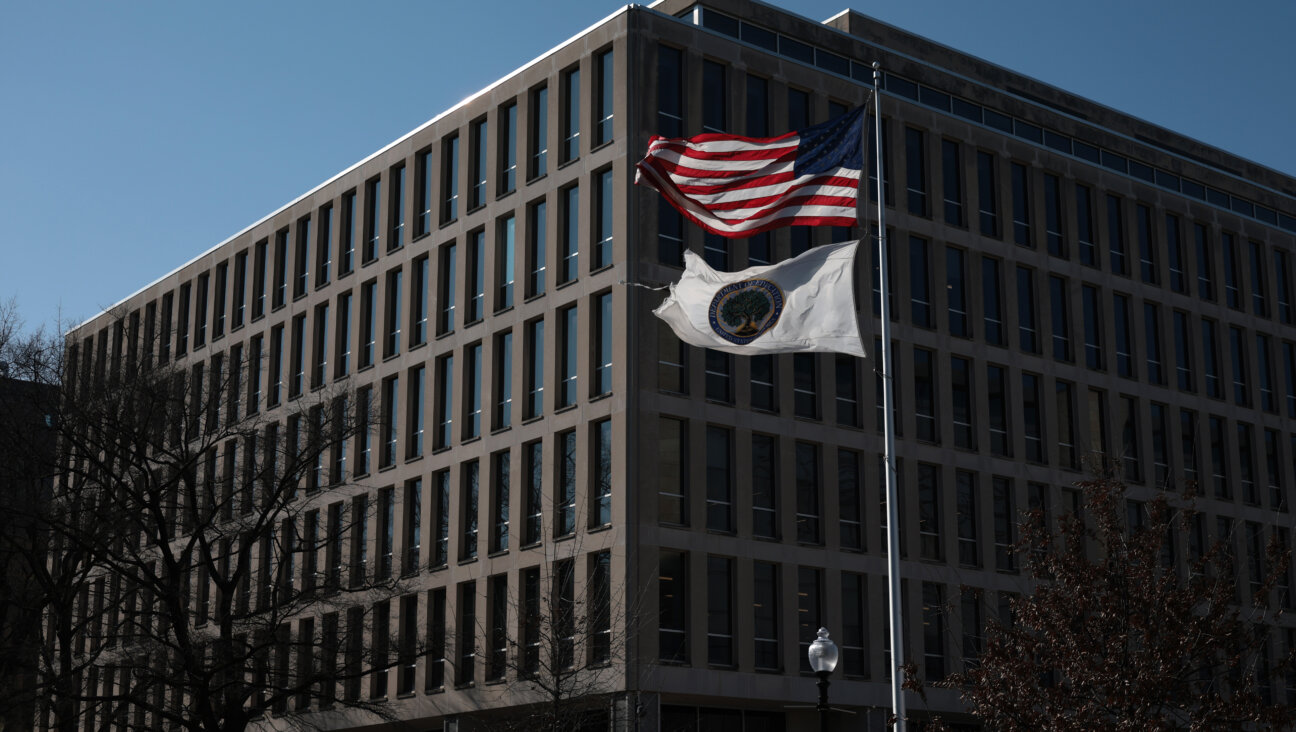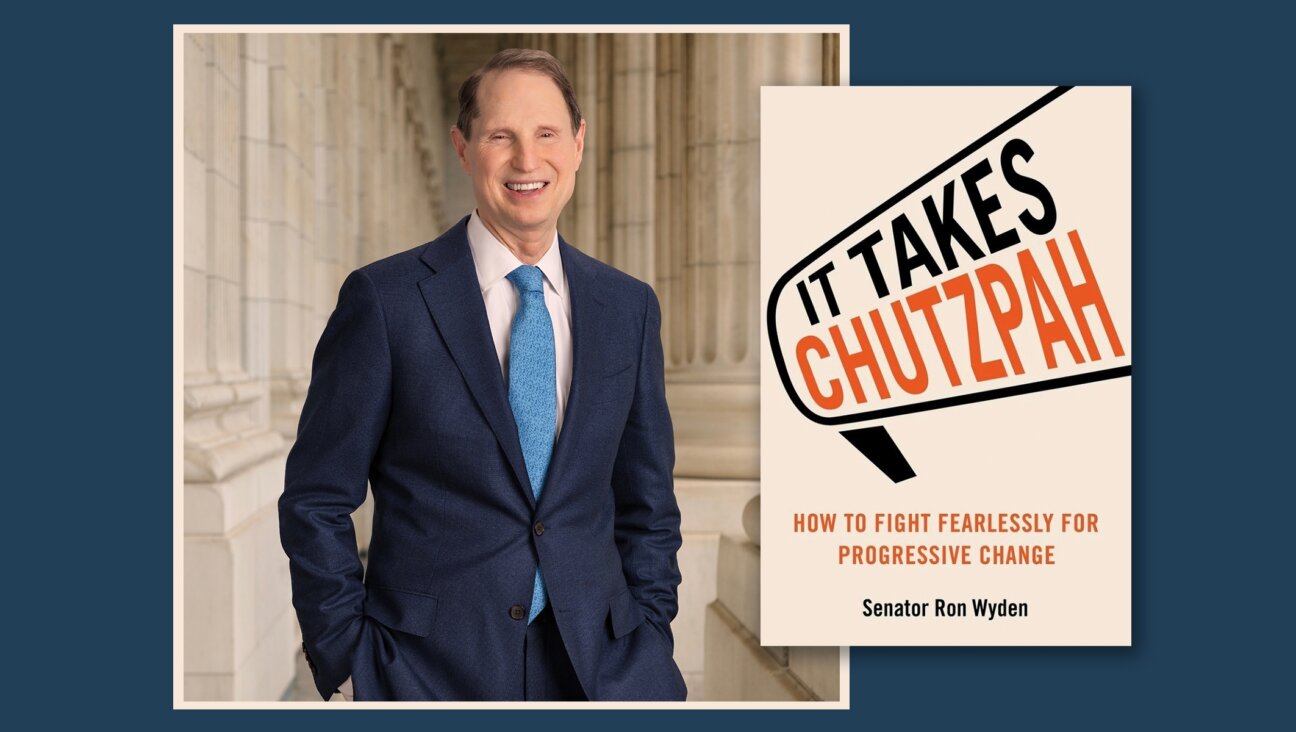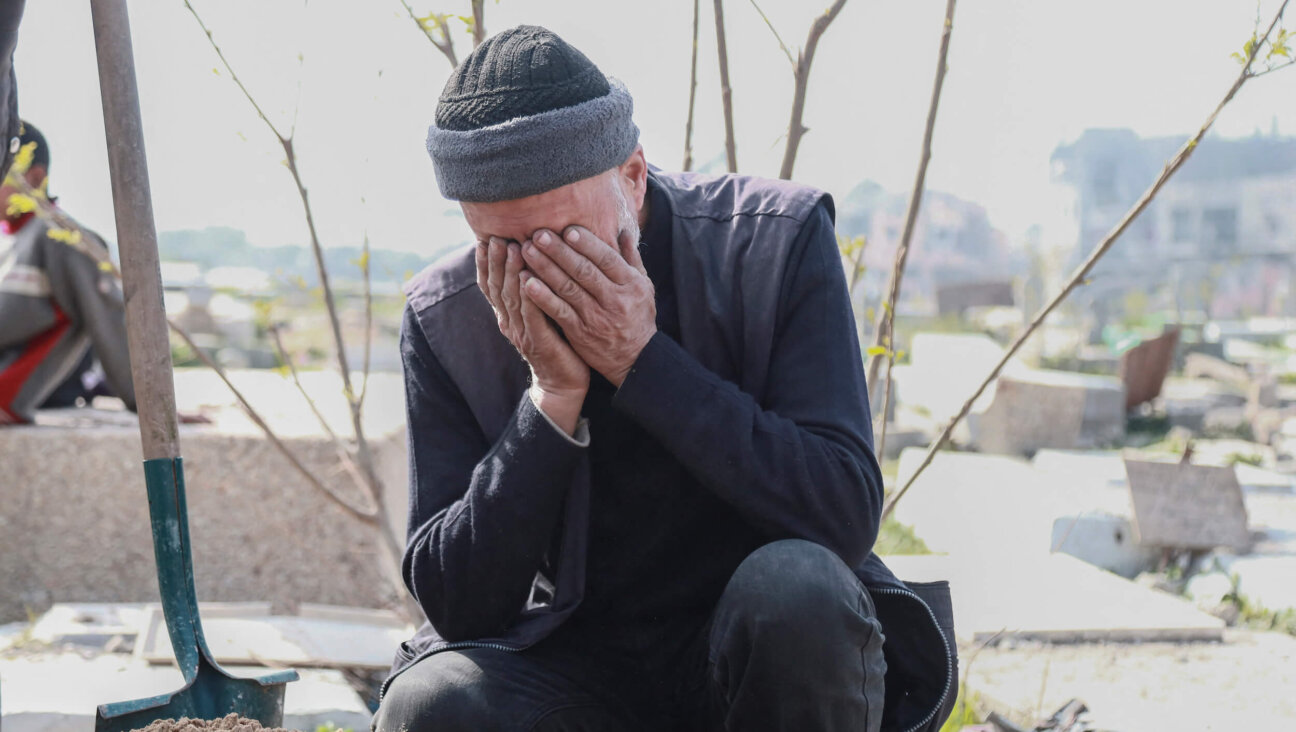Israeli Judge Moshe Bejski, 86
Moshe Bejski, a former Israeli Supreme Court justice and Holocaust survivor who was saved from the Nazis by Oskar Schindler, died Tuesday at the age of 86.
Bejski was born in 1920 in the Polish town of Dzialoszyce, near Krakow. After the Nazis invaded Poland, Bejski’s family was deported to the Belzec concentration camp. He and his brother Uri were saved by Schindler when the industrialist drafted them to work in his factory. Officially, the Bejski brothers were listed as a machine fitter and a draftsman, but Uri was known for his expertise in weapons and Moshe was a master document-forger. Throughout the war, Moshe Bejski created rubber stamps with the Nazi regime’s symbol on them, and forged papers and passports that Schindler used to smuggle Jews out of harm’s way.
In the 1960s, Bejski testified at Adolf Eichmann’s war crimes trial. Bejski remained close with Schindler for many years, giving him money and defending him against critics who accused the industrialist of alcoholism and womanizing. In 1974, he delivered the oration at Schindler’s funeral in Jerusalem.
From 1970 to 1975, Bejski chaired Yad Vashem’s Commission of the Righteous, where he was tasked with identifying gentiles who saved the lives of Jews during the Holocaust to be honored as Righteous Among the Nations. The commission made several controversial decisions during the time he was chairman, sifting through those who hid Jews while simultaneously aligning themselves with the Nazis and others who saved Jews in exchange for payment. As part of his work with the commission, Bejski created the principle of “the inherent consistency of the rescuer’s gesture,” ruling that a person could only be Righteous Among the Nations if his actions were spurred by a genuinely humanitarian spirit.
Bejski was appointed to the Israeli Supreme Court in 1979, and served there until he retired in 1991. In 2005, he oversaw the commission that censured 16 of the country’s top banking and government finance officials for their role in a 1983 bank-stock crash.
With reporting by Haaretz.
A message from our Publisher & CEO Rachel Fishman Feddersen

I hope you appreciated this article. Before you go, I’d like to ask you to please support the Forward’s award-winning, nonprofit journalism so that we can be prepared for whatever news 2025 brings.
At a time when other newsrooms are closing or cutting back, the Forward has removed its paywall and invested additional resources to report on the ground from Israel and around the U.S. on the impact of the war, rising antisemitism and polarized discourse.
Readers like you make it all possible. Support our work by becoming a Forward Member and connect with our journalism and your community.
— Rachel Fishman Feddersen, Publisher and CEO























